Search Results
Showing results 41 to 52 of 52
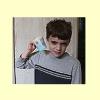
Mix and Match
Source Institutions
In this activity (7th activity on the page), learners use their sense of hearing to find a "sound match." Learners shake containers filled with items like dry seeds, sand, beans, etc.
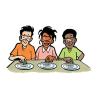
M&M's in Different Temperatures
Source Institutions
Learners design their own experiment to investigate whether the temperature of the surrounding water affects the rate at which the colored coating dissolves from an M&M.
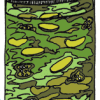
Kimchee Fermentation Chamber
Source Institutions
Learners make kimchee or sauerkraut, which is really just fermented cabbage, in a 2-liter plastic bottle.
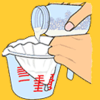
Say Cheese!
Source Institutions
Create a chemical reaction that makes cheese! This hands-on activity demonstrates that molecules and atoms are tiny particles that make up everything around us.
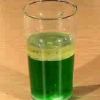
Erupting Fizz
Source Institutions
This is a highly visual demonstration that illustrates both the effects of density and chemical reactions.

Save Your Skin
Source Institutions
This is a fun activity about the power of the Sun and the importance of using sunscreen to protect your sensitive skin from its rays.
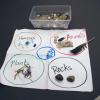
Beach Buckets
Source Institutions
In this activity, learners explore a bucket of sand and beach objects.
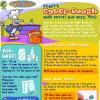
Digit's Cyber-Dough
Source Institutions
In this fun hands-on activity, learners whip up a batch of cyber-dough (play dough) using math for measurements.
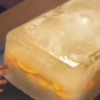
Frozen Fruit
Source Institutions
In this "Sid the Science Kid" activity from Episode 108: My Ice Pops, learners observe reversible change while thinking about ways to make ice melt.
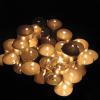
Breaking Up with Combustion
Source Institutions
This activity teaches combustion as the interaction of a fuel source and oxygen.
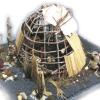
If You Lived in a Forest
Source Institutions
This activity encourages learners to focus on the natural environment of the Eastern Woodlands before the arrival of European settlers.
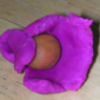
Atoms and Matter (K-2)
Source Institutions
In this activity, learners explore atoms as the smallest building blocks of matter. With adult help, learners start by dividing play dough in half, over and over again.
